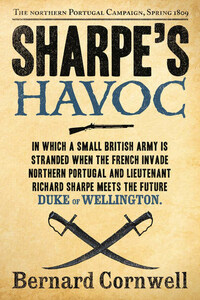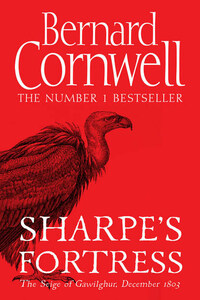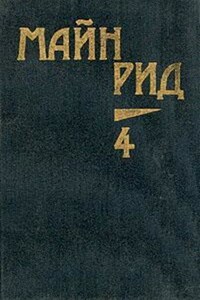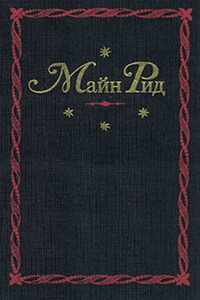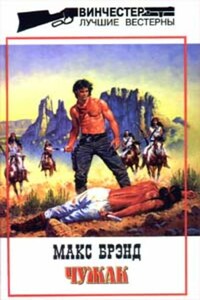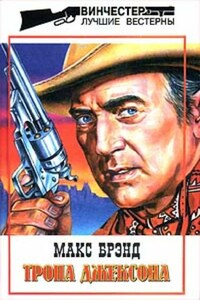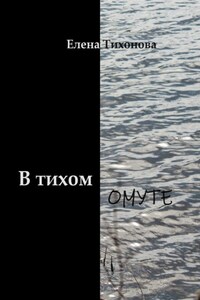These novels are entirely works of fiction. The names, characters and incidents portrayed are the work of the author’s imagination. Any resemblance to actual persons, living or dead, events or localities is entirely coincidental.
Published by HarperCollinsPublishers Ltd. 1 London Bridge Street London SE1 9GF
www.harpercollins.co.uk
Copyright © Bernard Cornwell 2009
Bernard Cornwell asserts the moral right to be identified as the author of this work
A catalogue record for this book is available from the British Library
All rights reserved under International and Pan-American Copyright Conventions. By payment of the required fees, you have been granted the nonexclusive, nontransferable right to access and read the text of this ebook on-screen. No part of this text may be reproduced, transmitted, downloaded, decompiled, reverse-engineered, or stored in or introduced into any information storage and retrieval system, in any form or by any means, whether electronic or mechanical, now known or hereinafter invented, without the express written permission of HarperCollins ebooks
HarperCollinsPublishers has made every reasonable effort to ensure that any picture content and written content in this ebook has been included or removed in accordance with the contractual and technological constraints in operation at the time of publication
Source ISBNs:
Sharpe’s Escape: 9780007338658
Sharpe’s Fury: 9780007338665
Sharpe’s Battle: 9780007339525
Ebook Edition © DECEMBER 2011 ISBN: 9780007454693
Version: 2018-05-22
Mister Sharpe was in a bad mood. A filthy mood. He was looking for trouble in Sergeant Harper’s opinion, and Harper was rarely wrong about Captain Sharpe, and Sergeant Harper knew well enough not to engage his Captain in conversation when Sharpe was in such a black temper, but on the other hand Harper liked to live dangerously. ‘I see your uniform’s been mended, sir,’ he said cheerily.
Sharpe ignored the comment. He just marched on, climbing the bare Portuguese slope under the searing sun. It was September 1810, almost autumn, yet the heat of late summer hammered the landscape like a furnace. At the top of the hill, another mile or so ahead of Sharpe, stood a barn-like stone building next to a gaunt telegraph station. The station was a black timber scaffolding supporting a high mast from which signaling arms hung motionless in the afternoon’s heat.
‘It’s a rare nice piece of stitching on that jacket,’ Harper went on, sounding as though he did not have a care in the world, ‘and I can tell you didn’t do it yourself. It looks like a woman’s work, so it does?’ He inflected the last three words as a question.
Sharpe still said nothing. His long, straight-bladed cavalry sword banged against his left thigh as he climbed. He had a rifle slung on his shoulder. An officer was not supposed to carry a longarm like his men, but Sharpe had once been a private and he was used to carrying a proper gun to war.
‘Was it someone you met in Lisbon, now?’ Harper persisted.
Sharpe simmered, but pretended he had not heard. His uniform jacket, decently mended as Harper had noticed, was rifle green. He had been a rifleman. No, he still thought of himself as a rifleman, one of the elite men who carried the Baker rifle and wore the dark green instead of the red, but the tides of war had stranded him and a few of his men in a redcoat regiment and now he commanded the light company of the South Essex who were following him up the hill. Most wore the red jackets of the British infantry and carried smoothbore muskets, but a handful, like Sergeant Harper, still kept their old green jackets and fought with the rifle.
‘So who was she?’ Harper finally asked.
‘Sergeant Harper,’ Sharpe was finally goaded into speaking, ‘if you want bloody trouble then keep bloody talking.’
‘Yes, sir,’ Harper said, grinning. He was an Ulster-man, a Catholic and a sergeant, and as such he was not supposed to be friends with an Englishman, a heathen and an officer, but he was. He liked Sharpe and knew Sharpe liked him, though he was wise enough not to say another word. Instead he whistled the opening bars of the song ‘I Would that the Wars Were all Done’.
Sharpe inevitably thought of the words that accompanied the tune; ‘In the meadow one morning, all pearly with dew, a fair pretty maiden plucked violets so blue’, and Harper’s delicate insolence forced him to laugh aloud. He then swore at the Sergeant, who was grinning with triumph. ‘It was Josefina,’ Sharpe admitted.



